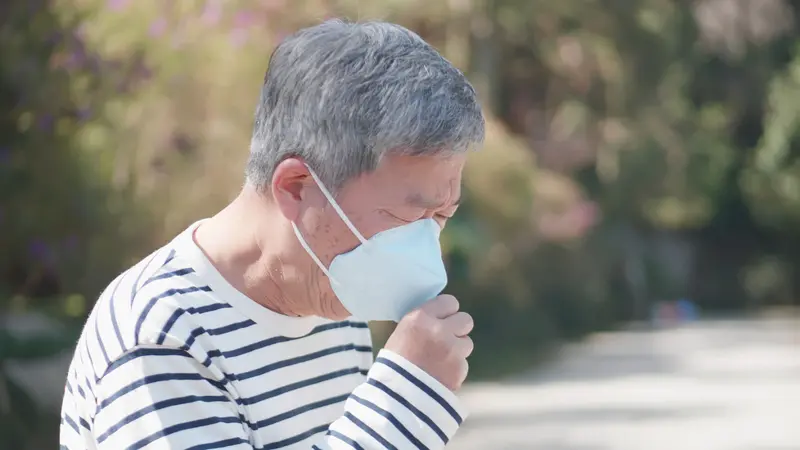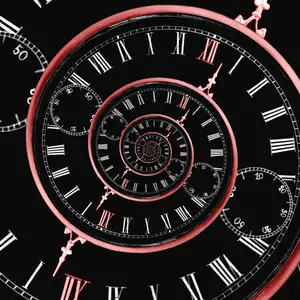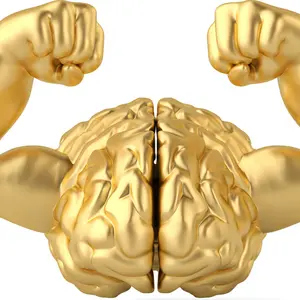

Exercise, Energy and Movement

Exercise, Energy and Movement
N95 Masks May Cause Cardiopulmonary Overload
A new randomized crossover trial conducted by Chinese researchers found that wearing an N95 mask for a prolonged period of time could cause cardiopulmonary overload. Mask wearing remains a highly adopted practice in everyday life in China, and N95 masks offer protection against viruses.
The study took place in a metabolic chamber in order to strictly control daily calorie intake and physical activity levels of the participants. The researchers studied 30 healthy volunteers (mean age 26 years), who were randomly assigned to receive interventions with and without the N95 mask for 14 hours, during which they exercised for 30 minutes in the morning and afternoon using an ergometer at 40% (light intensity) and 20% (very light intensity) of their maximum oxygen consumption levels. Blood samples were taken before and after the intervention for blood gas and metabolite analysis.
The results showed that wearing the N95 mask resulted in reduced respiration rate and oxygen saturation by pulse oximetry (SpO2) within one hour, with elevated heart rate two hours later until the mask was taken off.
During the light-intensity exercise, mask-induced cardiopulmonary stress was further increased, as heart rate and blood pressure increased and respiration rate and SpO2 decreased. Energy and fat oxidation were elevated.
After the 14-hour masked intervention, venous blood pH decreased, and calculated arterial pH showed a decreasing trend. Metanephrine and normetanephrine levels were increased. Participants also reported increased overall discomfort with the N95 mask.
The study authors note that chronic cardiopulmonary stress may also increase cardiovascular diseases and overall mortality, and state that “although healthy individuals can compensate for this cardiopulmonary overload, other populations, such as elderly individuals, children, and those with cardiopulmonary diseases, may experience compromised compensation.”
Because the study was limited to only 30 young healthy participants in a laboratory setting, further investigation is needed to explore the effects of different masks on various populations in clinical settings.
REFERENCES
Bao, R., et al. (2023, June 9). Evaluation of mask-induced cardiopulmonary stress: a randomized crossover trial. JAMA Network Open. https://jamanetwork.com/journals/jamanetworkopen/fullarticle/2805809


 By
By







